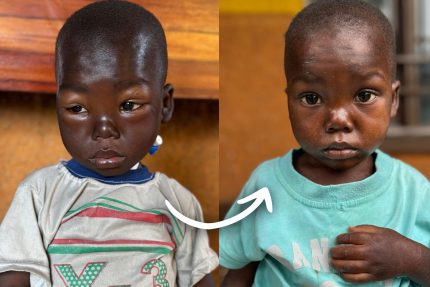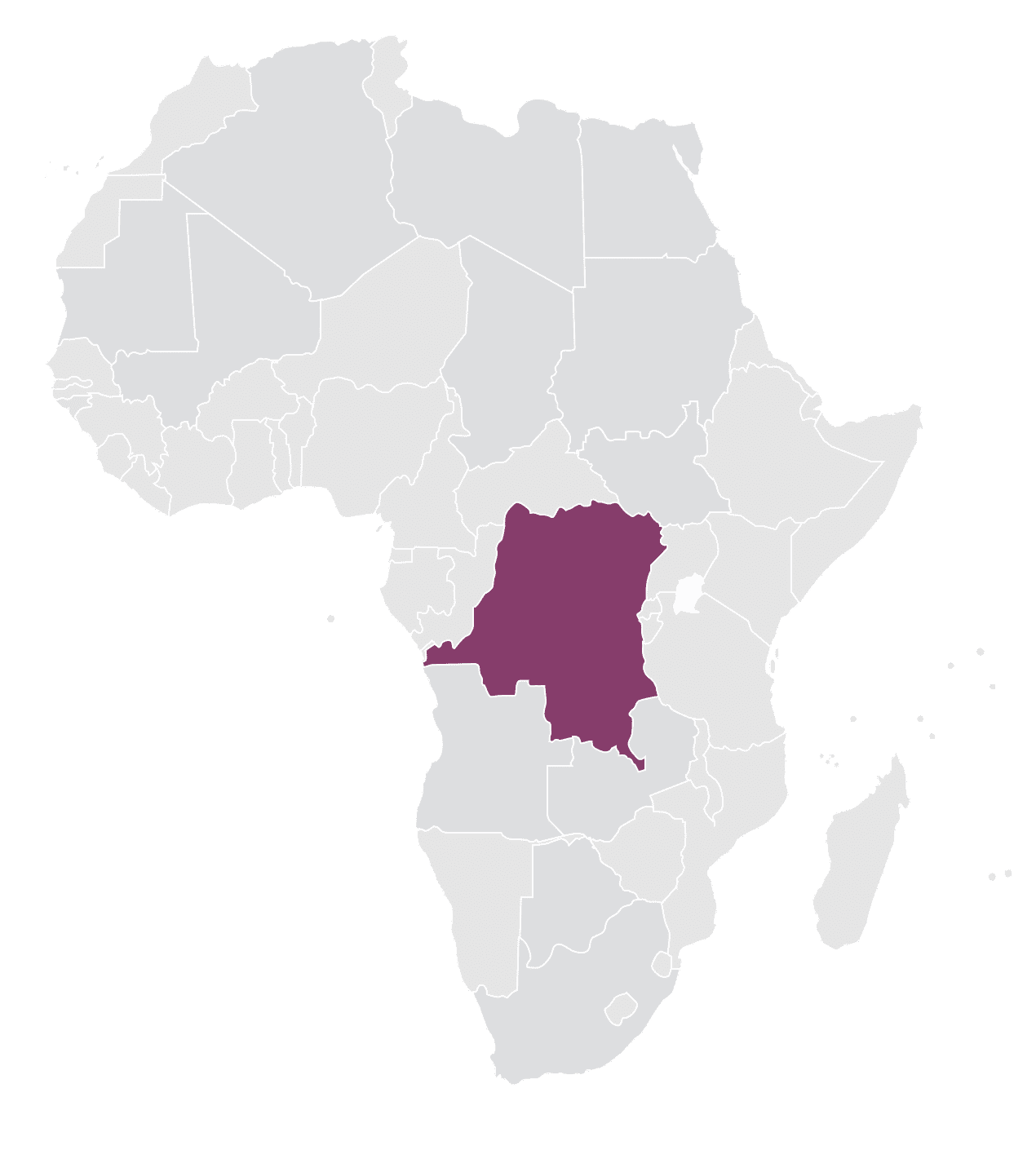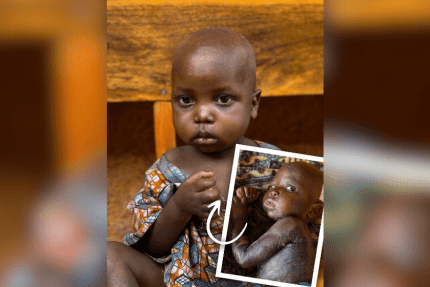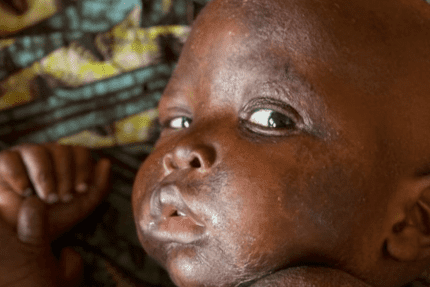“Eat it all, my little one, mommy has already eaten something. She’s not hungry.”
For many children, the weight of these words, spoken by mothers with sad smiles, will only be understood in adulthood. This is the daily math problem faced by countless women in Congo: how to divide a single meal among many, when it’s not enough for even one? It’s not the kind of division taught in European schools. We fight to make sure it’s not dividing by zero.
But war and poverty mock the laws of mathematics, imposing their own. Food is a luxury of peace—something that has become increasingly rare. When there’s fighting, food disappears. When the explosions and gunfire pause for a few days, you gamble with probability: What are the chances that a stray explosive lies hidden in the small field behind the house? How many of them? Will it detonate with one careless step? Who do we send to the field—the father, who’s the family’s breadwinner, the mother nursing an infant, or the school-aged son?
On this World Food Day, we use addition to highlight subtraction. It’s difficult to talk about the need for food without emphasizing its absence. Access to food should be a given, yet children continue to die of hunger—the simplest illness to cure. The Western world tolerates endless lines of children and teens waiting for overpriced, sugary drinks promoted by influencers, while turning away from a child begging for a bowl of maize porridge. One had the luck of being born on a continent which offers them the world; the other, born in Africa, is stripped of the right to simply exist.
That’s why we urge you to join us in one unconventional math operation: Goodness is one of the few things that multiplies when shared. See how the goodness you’ve already given has transformed the lives of children like Joseph. Will you give other children at our nutrition center the same chance?




